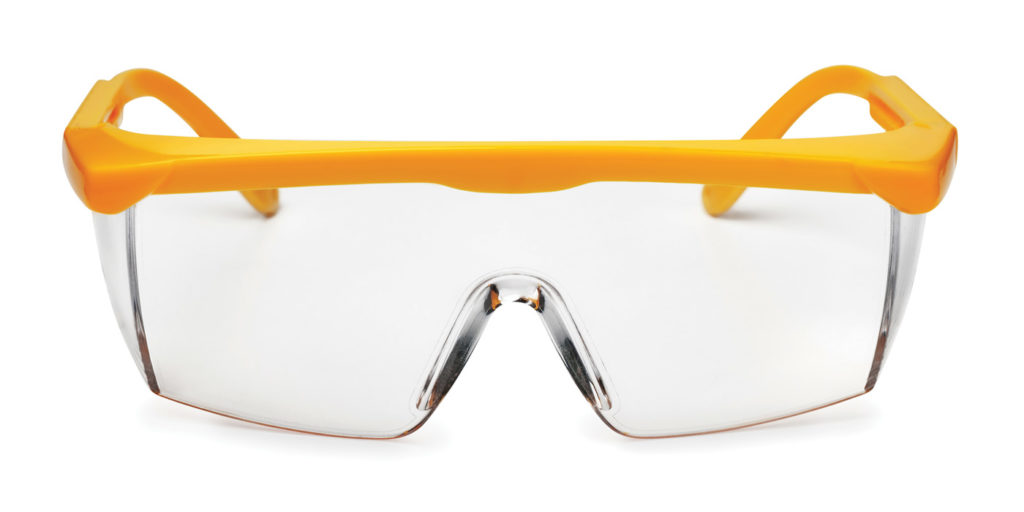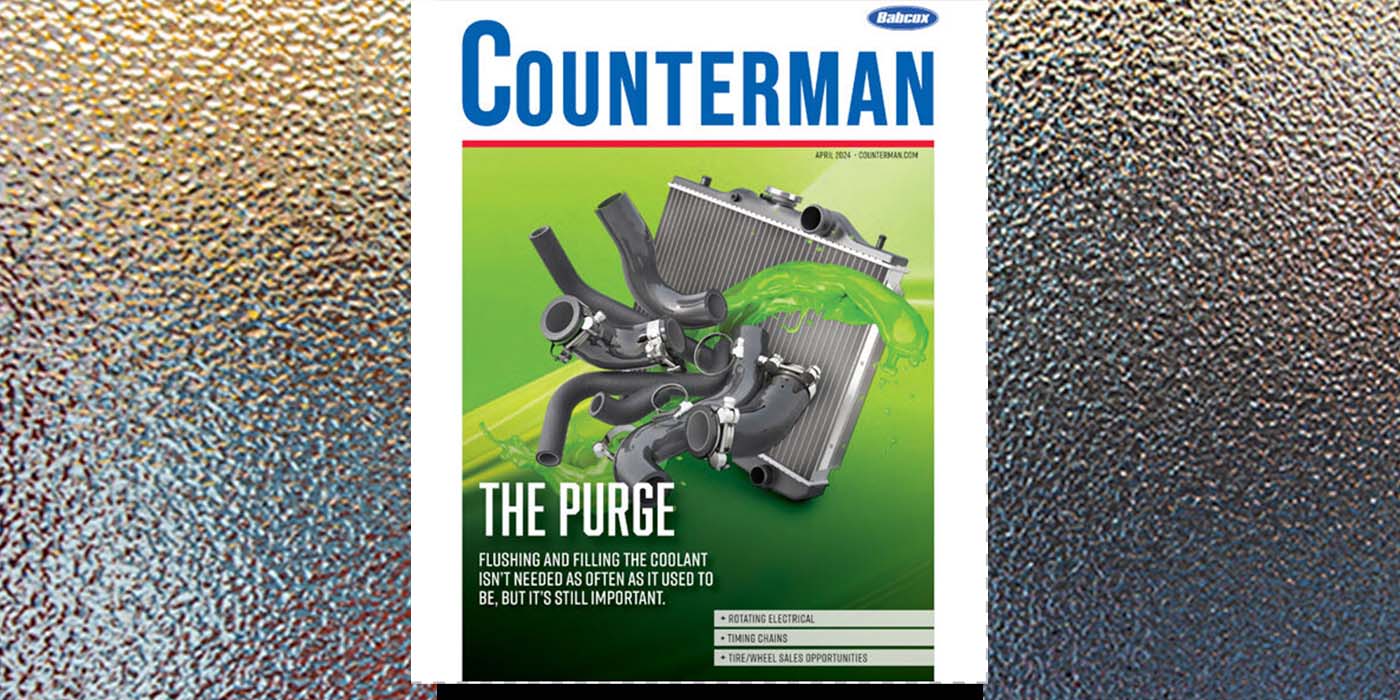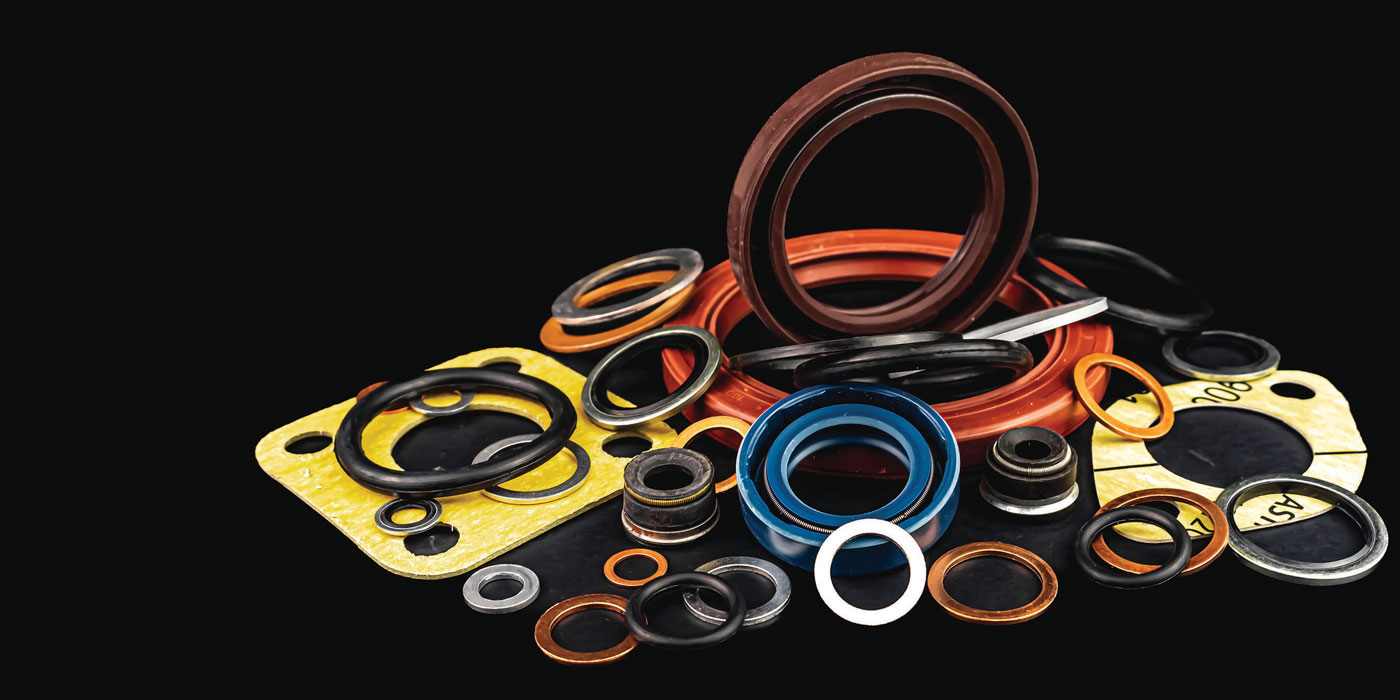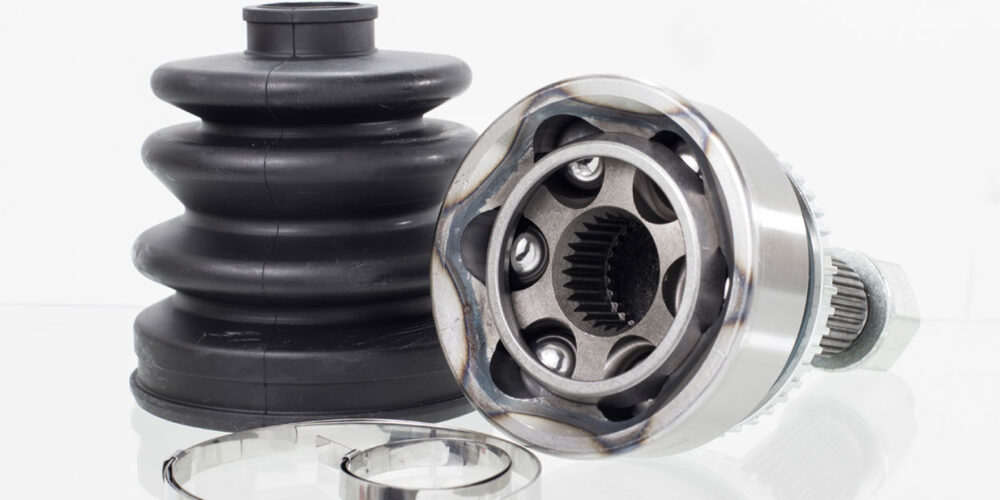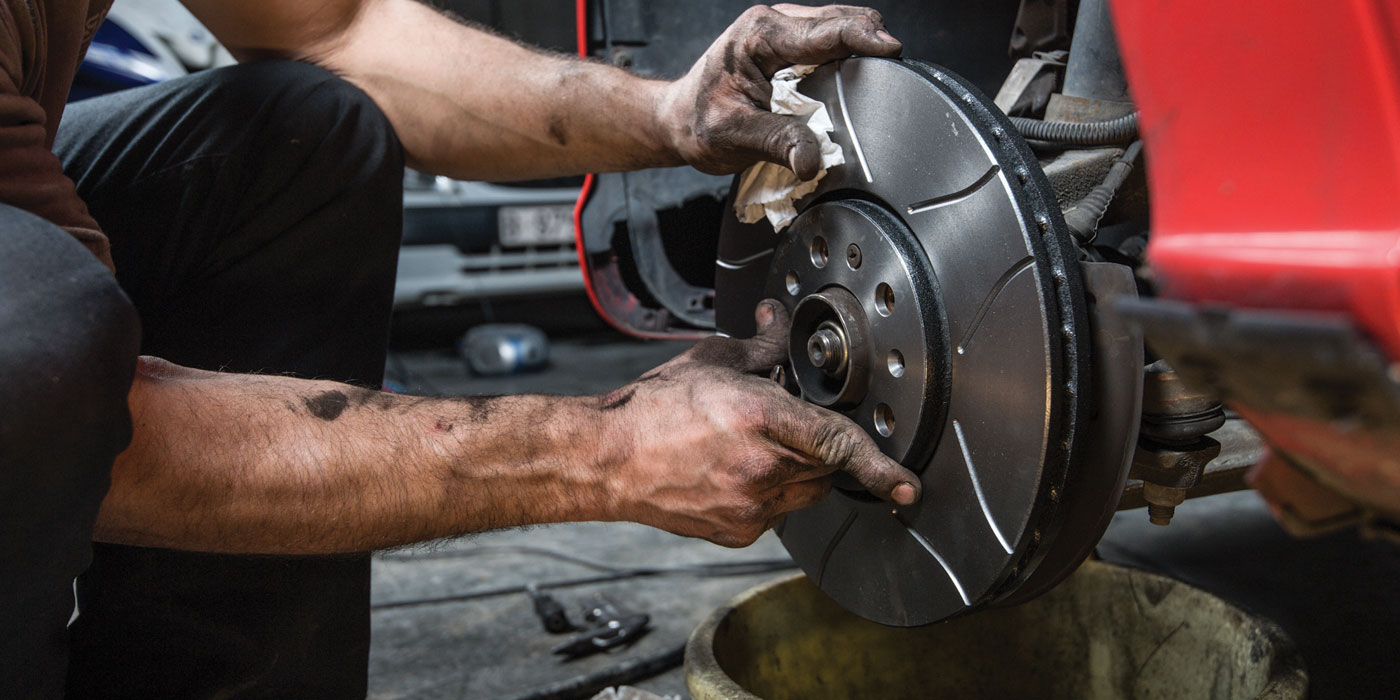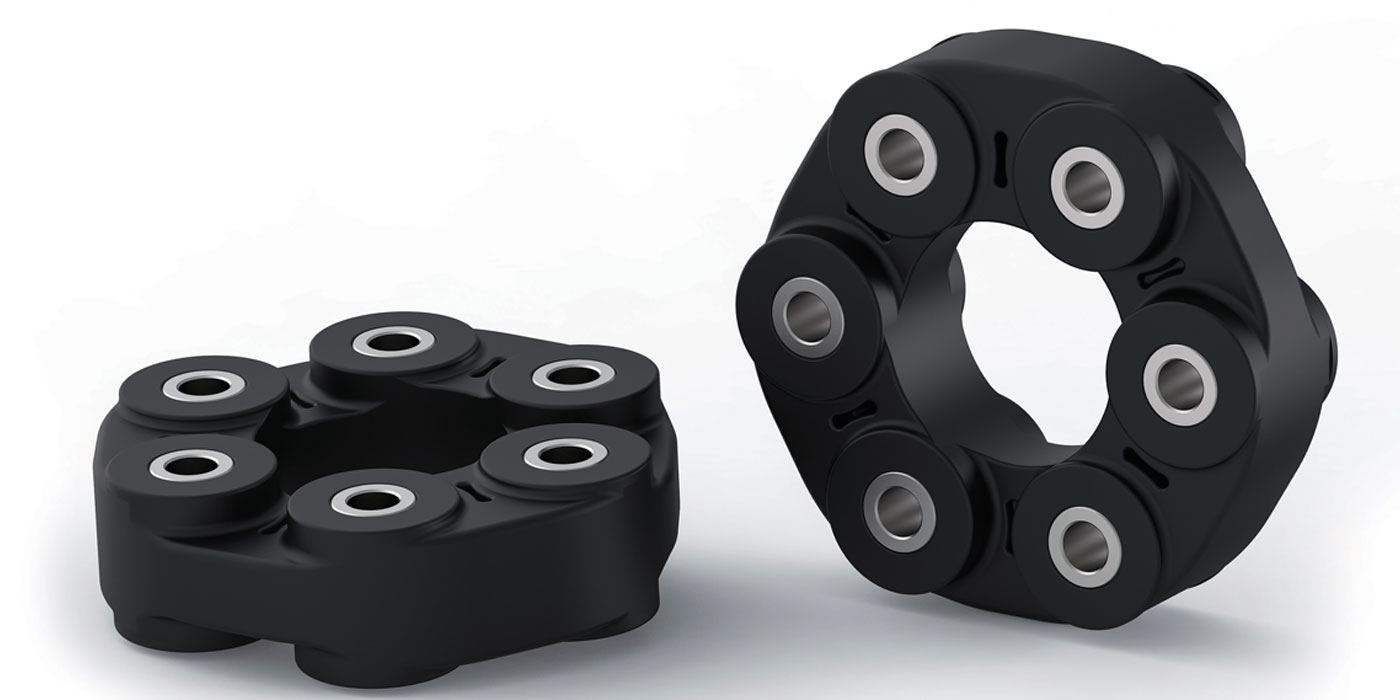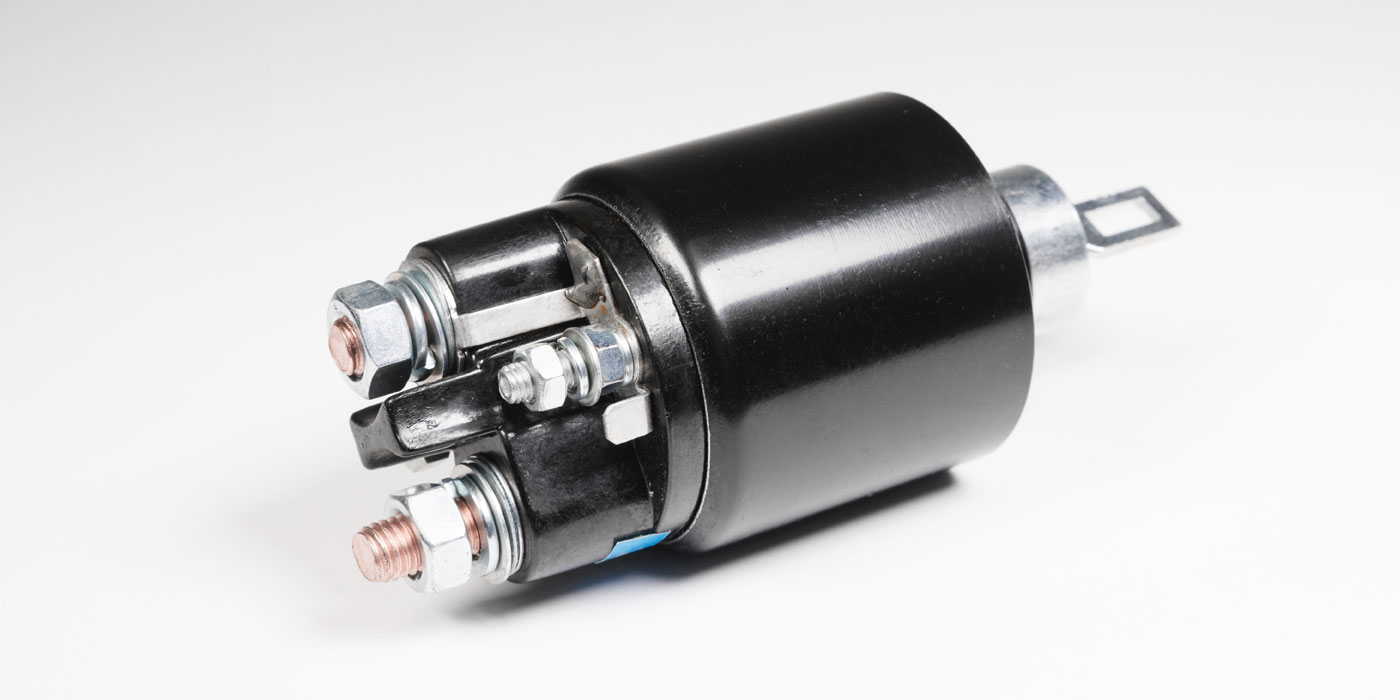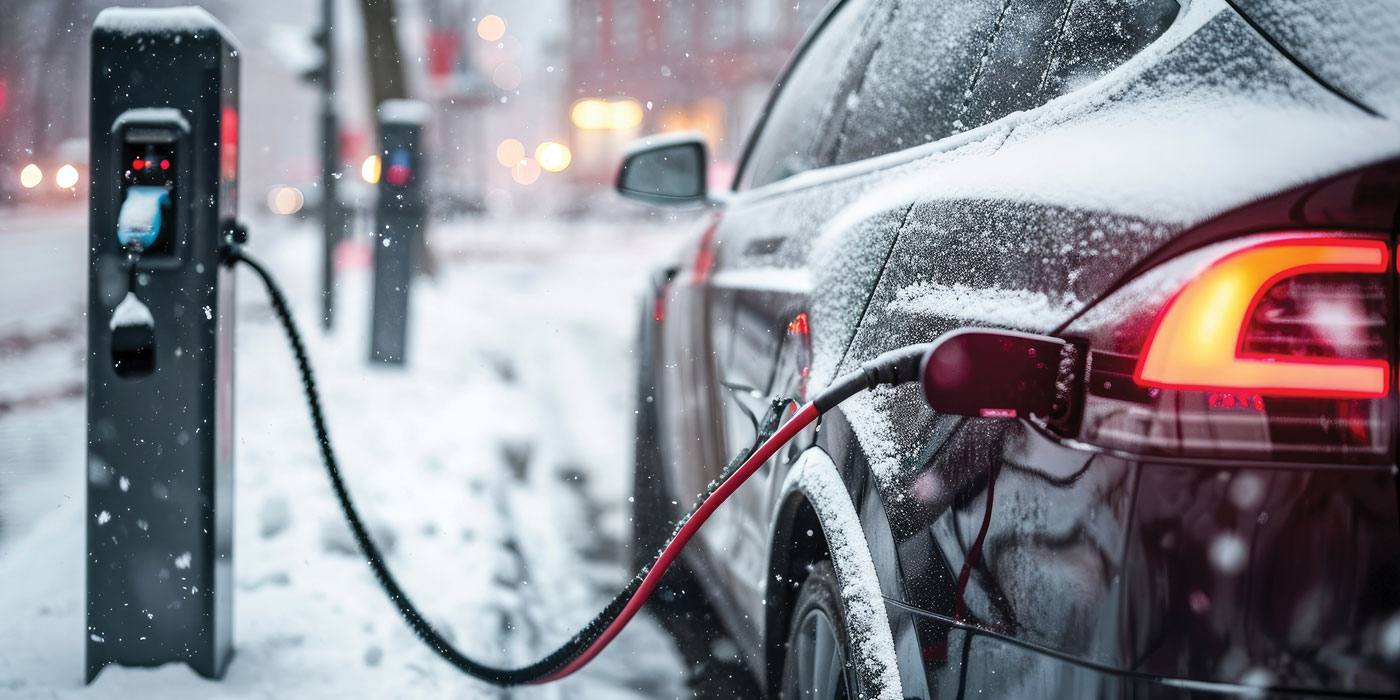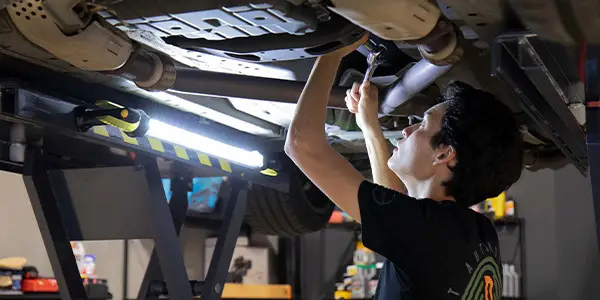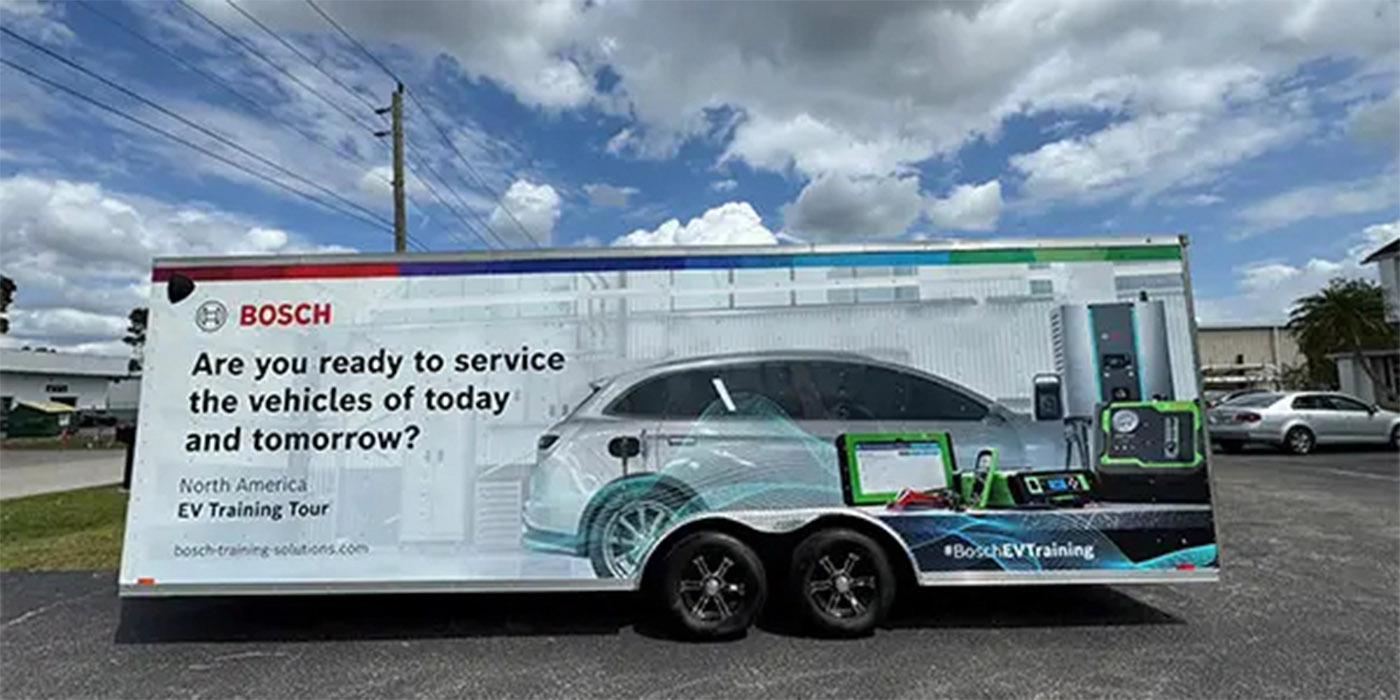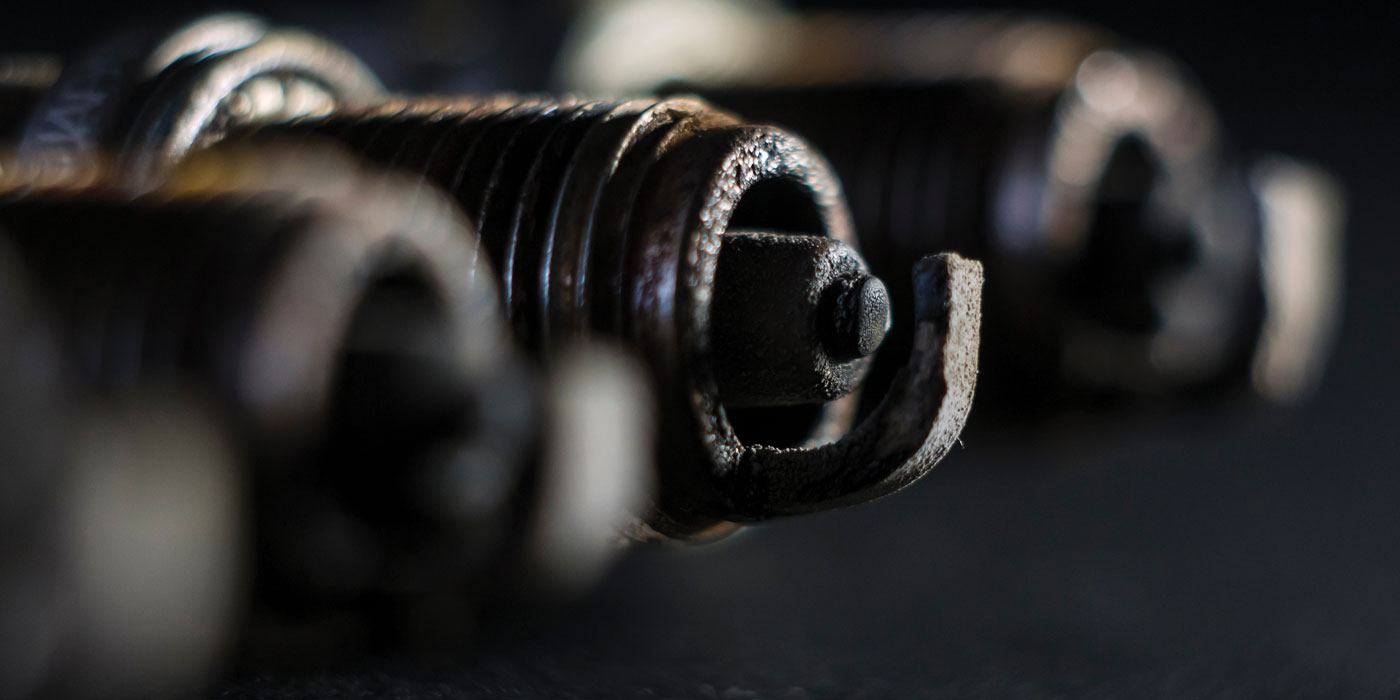Since the COVID-19 pandemic emerged in early 2020, safety and health products such as face masks and hand sanitizer have been in high demand. Auto parts stores were among the earliest retailers to start offering these products, usually displaying them near the counter to encourage impulse purchases as customers check out. While the need for personal protective equipment and other safety products has been an awakening for other retail sectors during the pandemic, it’s nothing new to auto parts stores.
Beyond the face coverings and hand sanitizers, there are other items that repair shops and DIYers need to protect themselves and their customers when they’re working on vehicles.
Work gloves are a popular item for technicians and DIYers because they’re designed to protect users from cuts and abrasions while maintaining finger dexterity. Many of these work gloves use breathable materials, and some of them are touchscreen-compatible, which is essential for technicians as we see more and more of them using tablet computers. But in my own DIY jobs, I’ve found myself using disposable gloves lately.
There are two basic types of disposable gloves: latex and nitrile. Latex is a natural material that comes from rubber trees, and some latex gloves are powdered in starch to make them easier to handle. Nitrile, on the other hand, is a synthetic rubber compound. Nitrile gloves have been growing in popularity because some people are allergic to latex, and these gloves allow the sensitivity needed for some of the more complex repairs where you need dexterity and feel. Counter pros should know the difference between these two types of disposable gloves.
Disposable plastic seat covers are great for shops because they prevent dirt, dust, oil and grease from staining the seats while the vehicle is being serviced. And in the current environment, they also provide extra peace of mind to the customer that the vehicle is clean. But what about steering-wheel covers? In the pandemic, it adds additional peace of mind that shows the shop cares. If your do-it-for-me customer is ordering disposable seat covers, be sure to ask if they need disposable steering-wheel covers as well.
Safety glasses should be in every technician’s tool kit, and there are multiple styles from which to choose. The kind that I prefer is more like a goggle than glasses, allowing better shielding and an unobstructed view of whatever you’re working on at the time. Recently, I was under my wife’s car to work on the suspension, and I wasn’t wearing my safety glasses when a small piece of rust fell into my eye. It was a painful realization that I didn’t have the right protective gear!
With the COVID-19 pandemic, the general public has learned a new acronym: PPE, which stands for personal protective equipment. But safety is (or should be) a routine necessity for your repair-shop customers, especially those who do bodywork. Anyone painting in a booth should be wearing a head-to-toe protective suit and a respirator. And don’t even think about sanding anything without a dust mask (N95), at least.
When OSHA cites a collision repair facility for violating its safety and health standards, the culprit often is respiratory protection. From October 2019 through September 2020, OSHA issued 91 citations carrying nearly $70,000 in total fines to auto body shops for violating its Respiratory Protection standard (1910.134). That was the most frequently cited standard for auto body shops during that time period.
Hearing Protection
According to the Centers for Disease Control and Prevention, around 22 million U.S. workers are exposed to hazardous noise levels on the job (across all industries). One aspect of repair shops that tends to be overlooked is that the noise level can get very loud. Prolonged exposure to noise above a certain decibel level can cause permanent hearing damage, which is why OSHA requires employers to implement a hearing-conservation program when noise exposure is at or above 85 decibels averaged over eight working hours. How can you tell if the noise level is above that threshold? According to OSHA, if you need to raise your voice to speak to someone 3 feet away, noise levels might be over 85 decibels.
While it’s up to the individual shop owner to determine if their shop meets OSHA’s threshold of 85 decibels averaged over eight working hours, anyone who’s been in a repair shop probably has noticed the sounds of pneumatic tools, hammers and other equipment. Repeated exposure to loud noise not only can damage your hearing, but it also can add to the stress and strain of the daily workload. Do your wholesale customers a favor and sell them a set of earplugs. Or, better yet, add them in as a freebie for buying lots of other safety equipment.
Since March 2020, auto parts stores have been selling a lot of face masks and hand sanitizer. But even in what you might call a normal environment, personal protective equipment and other safety products always have been a great selling opportunity for counter personnel.

